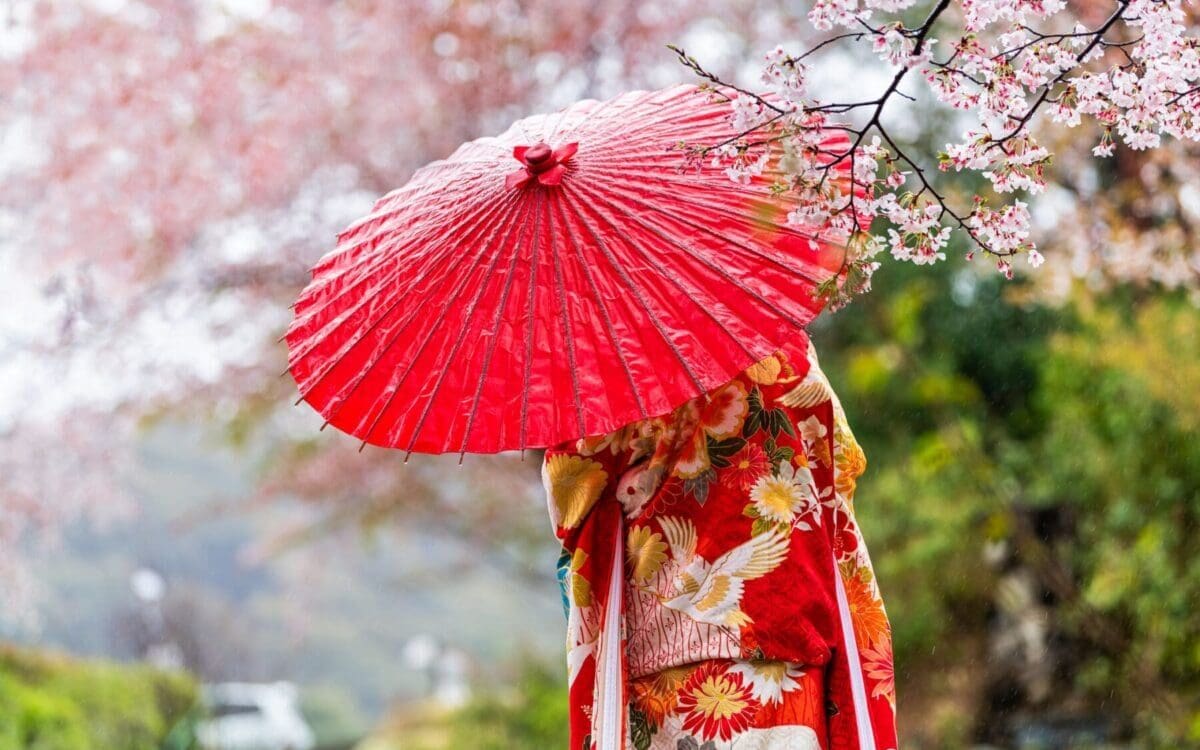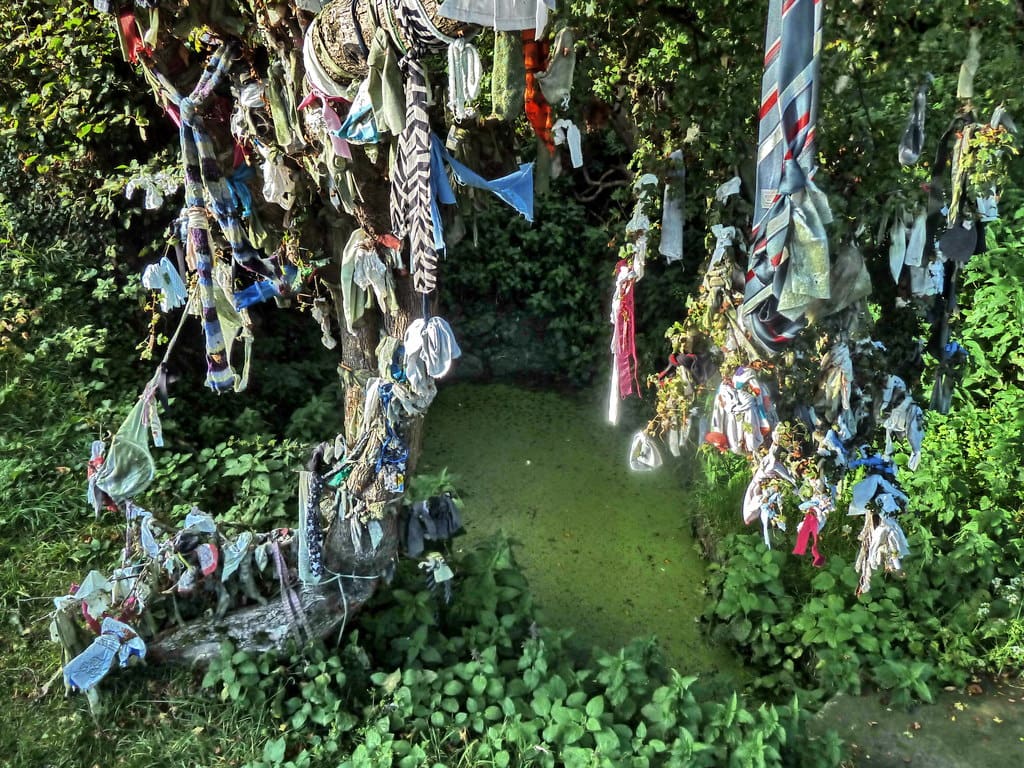Mother’s Day from Beyond
In the rich tapestry of folklore and mythology, maternal figures often take on roles as protectors, guides, and even harbingers of fate. From the haunting cries of banshees to the comforting presence of mother spirits, tales abound of maternal influence in the supernatural realm. Let’s delve into the mysterious world of maternal spirits and perhaps the idea of the perfect Mother’s Day gift!
Maternal Spirits
In many cultures, maternal spirits are believed to watch over and protect their children long after their passing. These spirits, often depicted as benevolent and nurturing, are said to offer guidance and assistance to those in need. From guardian angels to ancestral spirits, the presence of maternal figures in the spiritual realm is a comforting and reassuring belief for many.
One such example is found in the folklore of ancient Greece, where the concept of a “genius loci” or guardian spirit was closely associated with maternal deities such as Gaia, the Earth Mother. These spirits were believed to inhabit specific locations, offering protection and blessings to those who honored them.
In Native American folklore, for instance, the figure of the Mother Corn Spirit is revered for her role in providing sustenance and fertility to the land. She is often depicted as a benevolent deity, nurturing crops and guiding farmers in their agricultural endeavors.
Similarly, in African mythology, the goddess Yemoja is celebrated as the mother of all living beings, embodying the nurturing and protective qualities associated with maternal figures. She is believed to oversee bodies of water, offering blessings and protection to those who rely on her for sustenance and guidance.
Banshees and Maternal Warnings

Despite their eerie cries, banshees are not malevolent but rather messengers providing a familial warning. Their keening, reminiscent of traditional Irish mourning practices, underscores their role in preparing families for loss. This connection to maternal warnings reflects the deep sense of kinship and cultural heritage in Irish folklore, where the banshee’s presence gives families time to prepare and say their goodbyes, blending sorrow with a sense of inevitable fate.
In Scottish folklore, the bean nighe, or washerwoman, is a spectral figure often seen near bodies of water, foretelling death by washing the bloody garments of those destined to die. Like the banshee, she is believed to be a harbinger of fate, offering a chilling reminder of the fragility of life.
Ready to explore the mystery? Start planning the experience of a lifetime HERE!
To keep up with our blog and other Mysterious Adventures offers, sign up for our newsletter HERE!
Maternal Protection in Folklore

In Norse mythology, the figure of Frigg, the wife of Odin and mother of Baldr, is celebrated for her unwavering devotion to her family. She is believed to possess prophetic powers, foretelling the fate of her beloved son and seeking to avert his tragic demise at the hands of Loki.
In Japanese folklore, for example, the spirit of the “yurei” or ghost is often depicted as a protective maternal figure, watching over her children from beyond the grave. These spirits are said to offer guidance and protection to their descendants, ensuring their well-being and safety.
Honoring Motherly Ancestors

In Japan, the festival of Obon is a time for families to honor the spirits of their ancestors, including mothers.
The practice of honoring maternal ancestors is a deeply ingrained tradition in cultures around the world, reflecting a profound reverence for the maternal bonds that unite families across generations. In Japan, the festival of Obon is a time for families to honor the spirits of their ancestors, including mothers, by offering prayers, incense, and food at household altars.
Similarly, in Ireland, the tradition of keening, or mourning the dead, is often accompanied by rituals of remembrance and reverence for maternal ancestors. Families gather to share stories, songs, and prayers in honor of those who have passed, keeping their memories alive through the power of storytelling.
In China, the annual Qingming Festival, or Tomb-Sweeping Day, is a time for families to visit the gravesites of their ancestors, including mothers, to pay their respects and offer offerings of food and incense. Similarly, in Mexico, the Día de los Muertos, or Day of the Dead, is a vibrant celebration honoring deceased loved ones, with altars adorned with photographs, candles, and marigolds to welcome the spirits of the departed.
Conclusion
In the rich tapestry of folklore and mythology, maternal spirits stand as timeless symbols of protection and guidance, weaving their presence into the fabric of our collective consciousness. From the mournful wails of banshees to the gentle embrace of mother goddesses, their influence resonates across cultures, instilling both fear and reverence in those who encounter their stories.
As we reflect on the enduring legacy of maternal love and protection, let us not only pay homage to these ancient guardians but also embrace the opportunity to experience their realm firsthand. With Mysterious Adventures Tours, you can embark on a journey that delves deep into the heart of maternal spirits, exploring the myths and legends that have captivated humanity for generations.

Traveler Mellissa Stott & her mother on our Germany trip 2023.
This Mother’s Day, give the gift of adventure and discovery to the maternal figure in your life.
Treat her to a tour with Mysterious Adventures Tours, where she can immerse herself in the mystical realm of maternal spirits and uncover the secrets of ancient lore. It’s more than just a tour—it’s an unforgettable experience that celebrates the profound bond between mother and child, and the enduring power of maternal love.
LEARN MORE >>>







